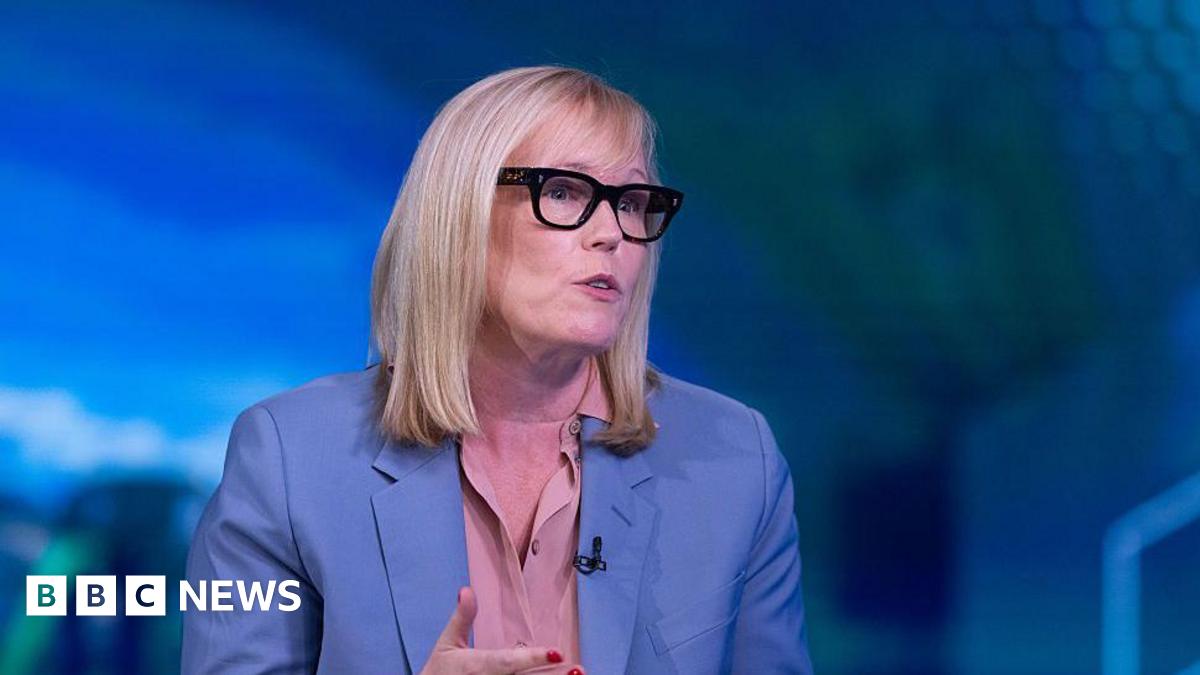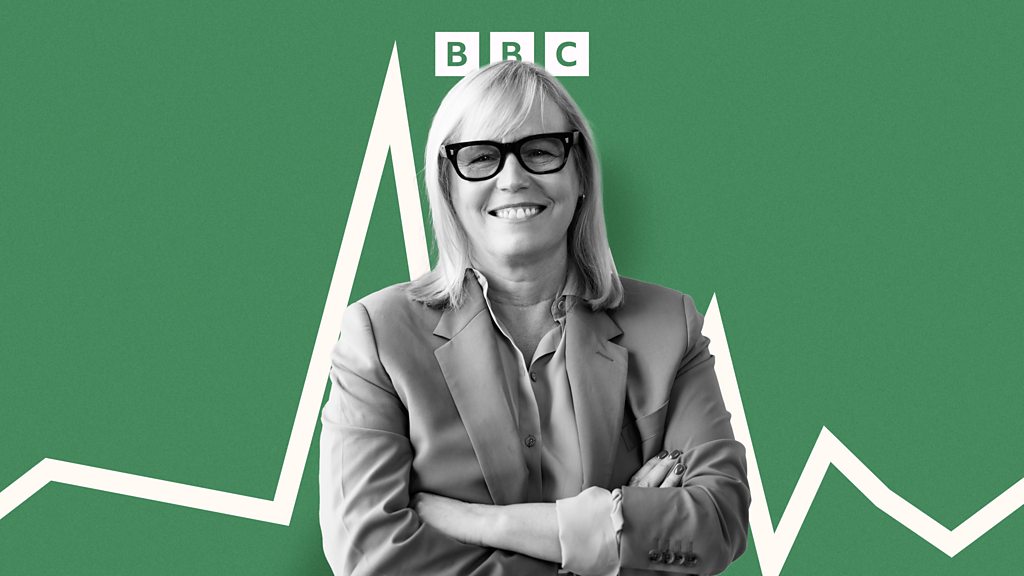GooseOnTheLoose
TS Member
- Favourite Ride
- Ug Bugs
Thanks for the find!Merlin CEO Fiona Eastwood has done a 40-minute interview with the BBC for anyone that wants to listen - covers the challenges they’re facing and Minecraft among other issues:

Our biggest competition is screens at home, says theme park boss
Merlin Entertainments Fiona Eastwood sits down for the BBC's Big Boss Interview.www.bbc.co.uk
BBC Sounds link to the interview, for anyone who wishes to listen to it (sadly UK only).

Big Boss Interview - #5 Merlin Entertainments CEO, Fiona Eastwood: Our Biggest Competition? Kids On Screens - BBC Sounds
Theme Park operator boss talks about the opportunities and challenges that she deals with






